The Ultimate Guide To Companion Planting For Squash
The Ultimate Guide to Companion Planting for Squash
Squash is a delicious and versatile vegetable that can be enjoyed in many different ways. But did you know that companion planting can help you grow healthier and more productive squash plants?
Companion planting is the practice of planting certain plants together to benefit each other. Some plants help to attract beneficial insects, while others help to suppress weeds or pests. By planting the right companion plants with your squash, you can improve your chances of a successful harvest.
In this guide, we will discuss the best companion plants for squash, as well as some plants that you should avoid planting near squash. We will also provide some tips on how to use companion planting to improve your squash garden.
The Benefits of Companion Planting
There are many benefits to companion planting, including:
- Increased crop yields
- Improved plant health
- Reduced pest and disease problems
- Increased biodiversity in the garden
When you plant the right companion plants together, they can help each other in a number of ways. For example, some plants can attract beneficial insects that help to control pests. Others can help to suppress weeds, or they can improve the soil quality.
Best Companion Plants for Squash
Some of the best companion plants for squash include:
- Beans: Beans are nitrogen-fixing plants, which means that they can help to improve the nitrogen content of the soil. This is beneficial for squash plants, which are heavy feeders.
-(2).jpg)
- Corn: Corn provides a natural trellis for pole beans to climb. This can help to save space in the garden, and it can also improve the pollination of the beans.

- Marigolds: Marigolds help to repel pests, such as aphids, squash bugs, and cucumber beetles. They also attract beneficial insects, such as ladybugs and parasitic wasps.
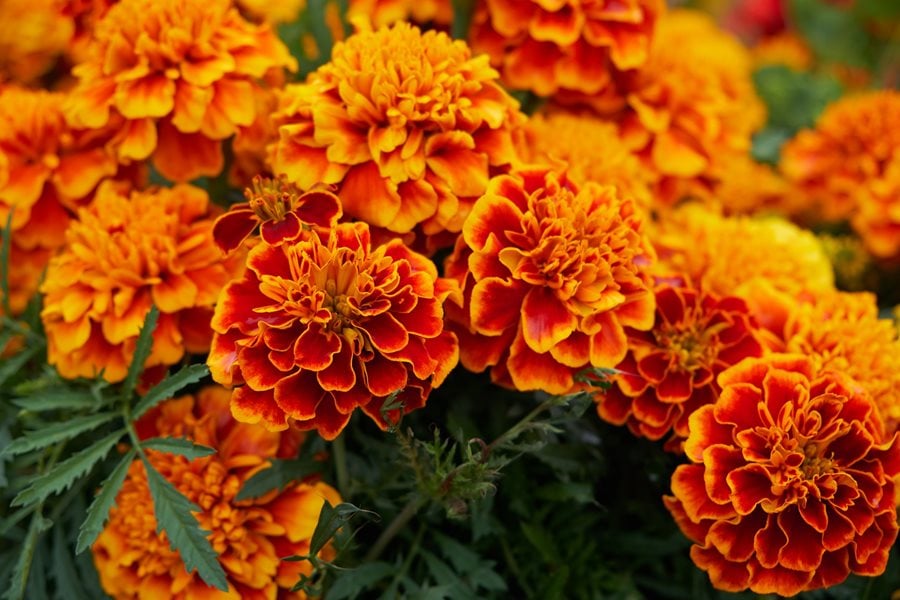
- Dill: Dill attracts pollinators, such as bees and butterflies. It also helps to repel pests, such as squash bugs and cucumber beetles.
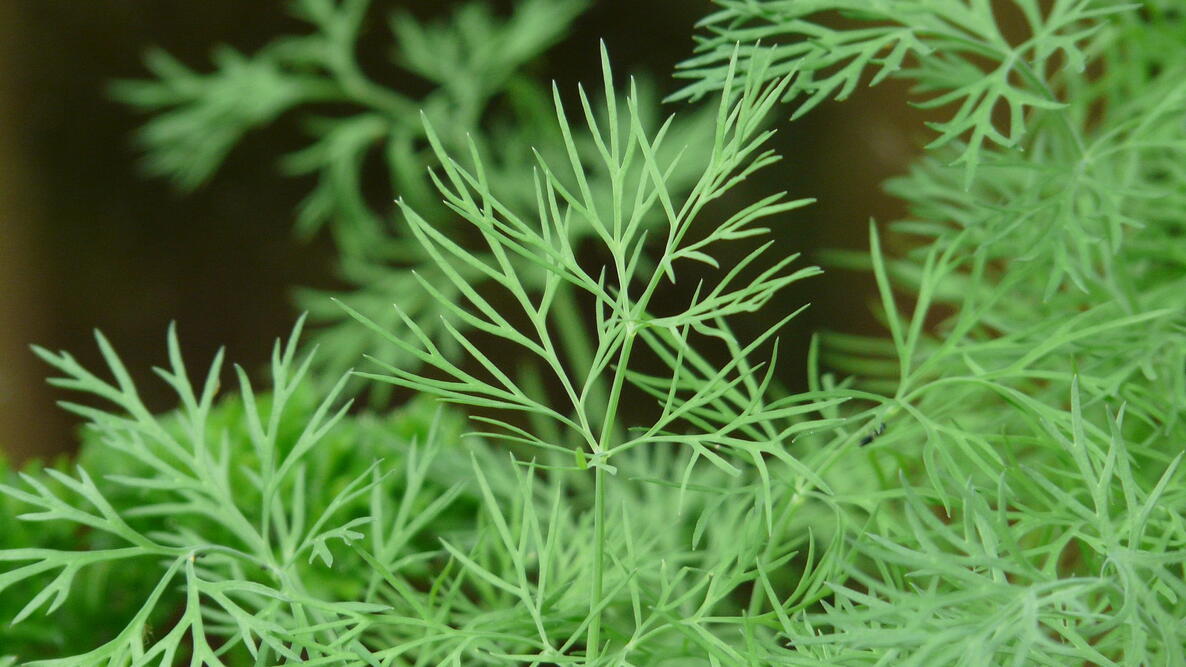
- Borage: Borage attracts pollinators, such as bees and butterflies. It also helps to repel pests, such as squash bugs and cucumber beetles. Borage also contains compounds that can help to improve the flavor of squash.
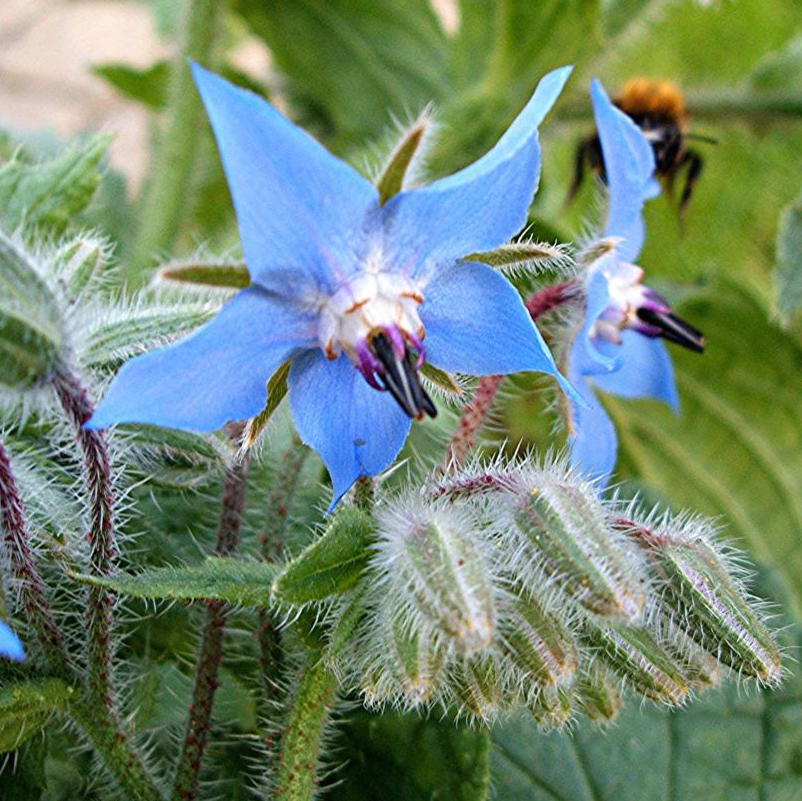
- Calendula: Calendula attracts pollinators, such as bees and butterflies. It also helps to repel pests, such as squash bugs and cucumber beetles. Calendula can also help to improve the soil quality.

- Lettuce: Lettuce helps to suppress weeds and improve the soil quality. It can also help to attract beneficial insects, such as ladybugs and parasitic wasps.
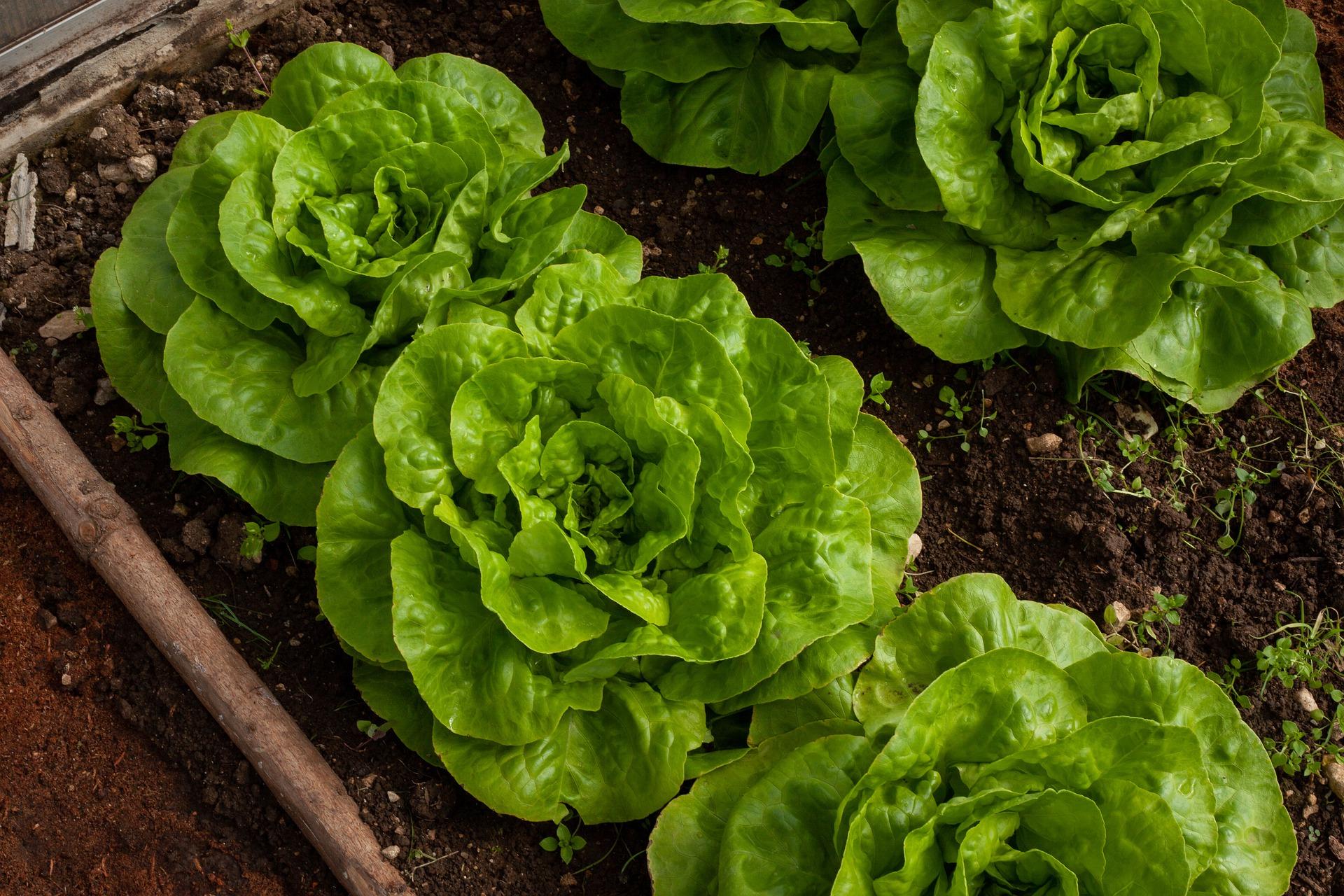
Plants to Avoid Planting Near Squash
There are a few plants that you should avoid planting near squash, including:
- Melons: Melons are heavy feeders, and they can compete with squash for nutrients.
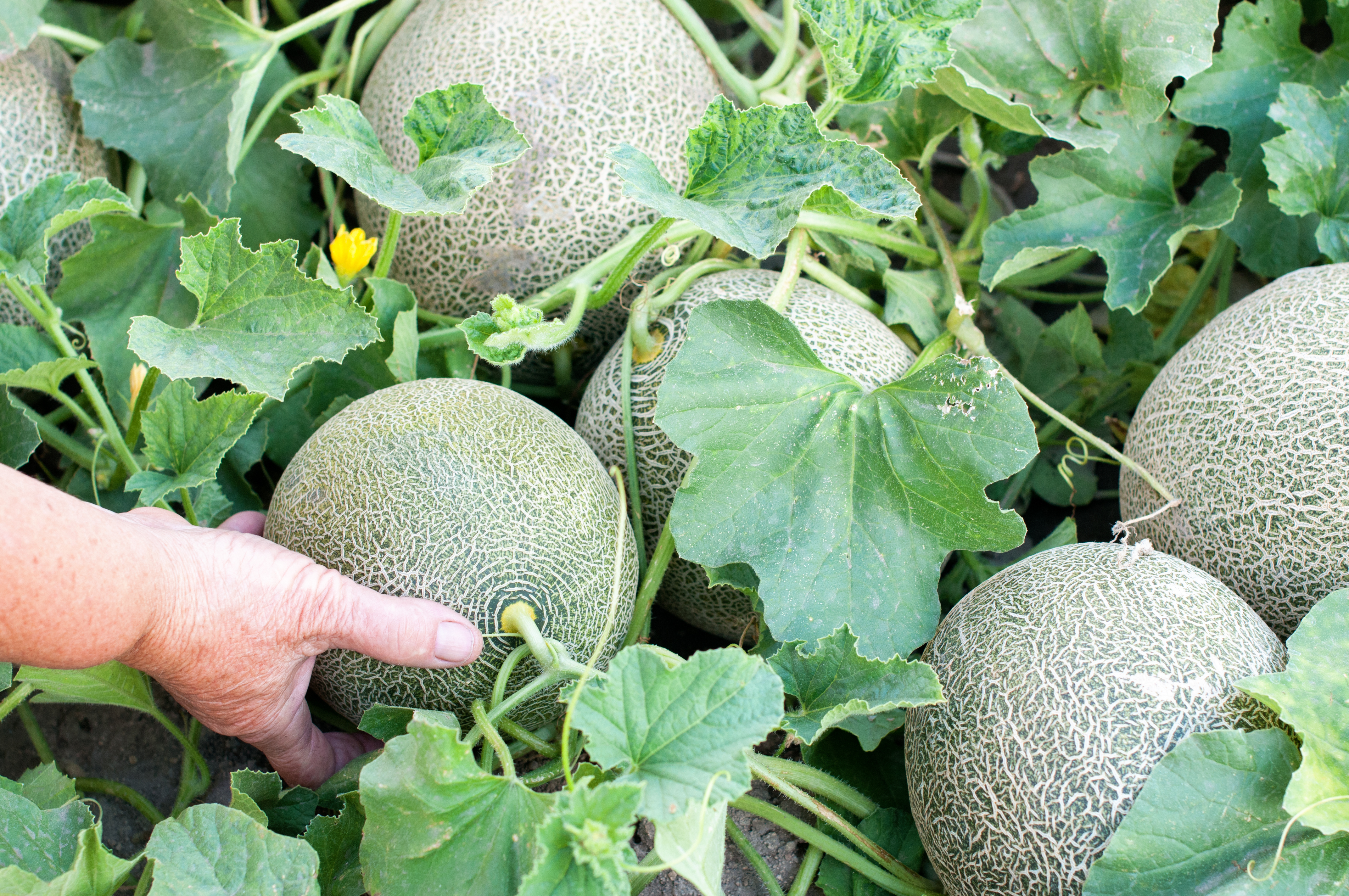
- Potatoes: Potatoes can harbor a disease called verticillium wilt, which can also infect squash plants.

- Fennel: Fennel can stunt the growth of neighboring squash plants.
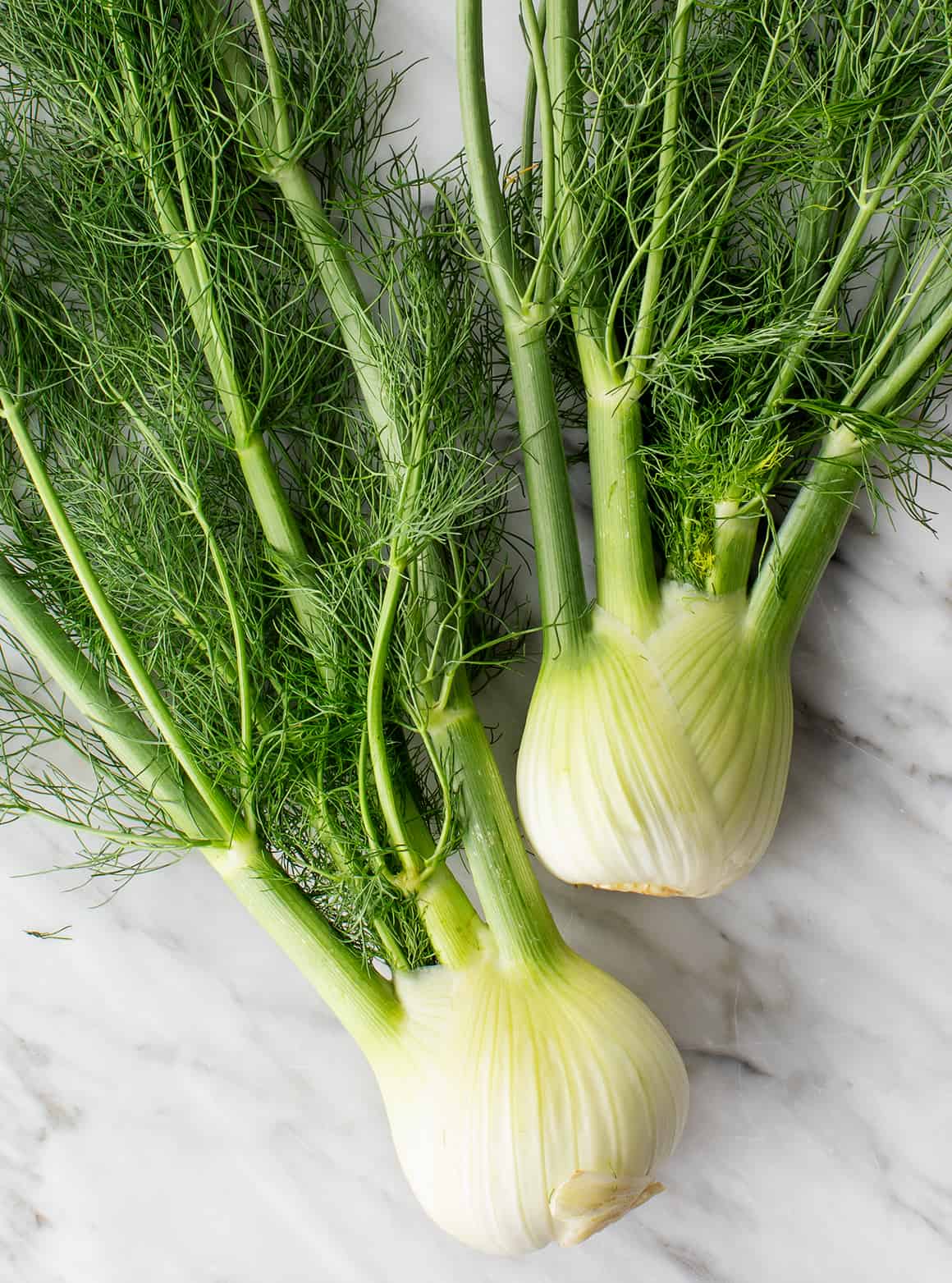
- Beets: Beets can disrupt the sensitive roots of squash plants.
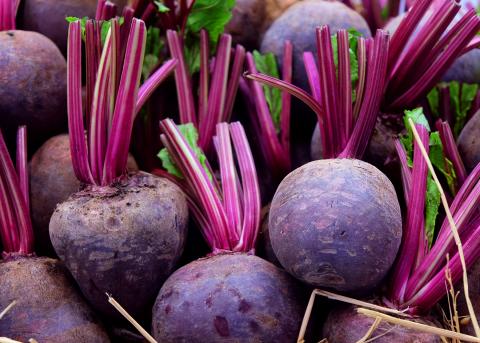
Tips for Companion Planting with Squash
Here are a few tips for companion planting with squash:
- Plant the right companion plants together. Not all plants will benefit each other, so it's important to do your research before you start planting.
- Plant companion plants in close proximity. This will help them to benefit each other more effectively.
- Plant companion plants in different heights. This will help to create a diverse garden that is more resistant to pests and diseases.
- Experiment with different companion planting combinations. There is no one right way to companion plant, so feel free to experiment and find what works best for you.
Conclusion
Companion planting is a great way to improve the health and productivity of your squash garden. By planting the right companion plants together, you can help to attract beneficial insects, suppress weeds, and improve the soil quality. This will lead to healthier plants and a more bountiful harvest.
Are you looking for the perfect companion plant for your squash? Look no further than Gardenia Inspiration. This website provides comprehensive information on companion planting, including which plants are beneficial to grow alongside squash.
One of the benefits of companion planting is that it can help to deter pests and diseases. For example, planting marigolds near squash can help to repel squash bugs. Additionally, companion planting can help to improve the overall health of your plants. For example, planting beans near squash can help to fix nitrogen in the soil, which can benefit both plants.
If you're interested in learning more about companion planting for squash, I highly recommend visiting Gardenia Inspiration. This website is a valuable resource for gardeners of all levels of experience.
FAQ of companion for squash
Q: What are the best companion plants for squash?
A: Some of the best companion plants for squash include:
- Beans: Beans are legumes that fix nitrogen in the soil, which can help to improve the growth of squash plants.
- Borage: Borage is a flowering herb that attracts beneficial insects, such as bees and ladybugs, which can help to control pests.
- Cosmos: Cosmos is a tall flower that can help to shade squash plants from the hot sun.
- Dill: Dill is a herb that can help to repel pests, such as squash bugs.
- Nasturtiums: Nasturtiums are flowers that can help to repel pests, such as aphids and squash bugs.
- Peas: Peas are legumes that fix nitrogen in the soil, which can help to improve the growth of squash plants.
- Sunflowers: Sunflowers are tall plants that can help to provide shade for squash plants.
Q: What plants should I avoid planting near squash?
A: Some plants that you should avoid planting near squash include:
- Cabbage: Cabbage and other members of the Brassica family can attract pests that also target squash plants.
- Potatoes: Potatoes can compete with squash plants for nutrients.
- Tomatoes: Tomatoes and squash can both attract the same pests.
Q: How do companion plants benefit squash plants?
A: Companion plants can benefit squash plants in a number of ways, including:
- Improving the growth of squash plants by fixing nitrogen in the soil.
- Attracting beneficial insects that help to control pests.
- Repelling pests that target squash plants.
- Providing shade from the hot sun.
- Improving the pollination of squash plants.
Q: How do I plant companion plants with squash?
A: When planting companion plants with squash, it is important to consider the size and growth habit of both plants. For example, you would not want to plant a tall sunflower next to a short squash plant, as the sunflower would shade the squash and prevent it from getting enough sunlight.
In general, it is a good idea to plant companion plants around the perimeter of your squash plants, or to interplant them between the rows of squash plants. This will help to maximize the benefits of companion planting.
Image of companion for squash
- Corn: Corn is a great companion plant for squash because it provides support for the squash vines to climb. Corn also helps to attract pollinators, which are essential for pollination of squash flowers.
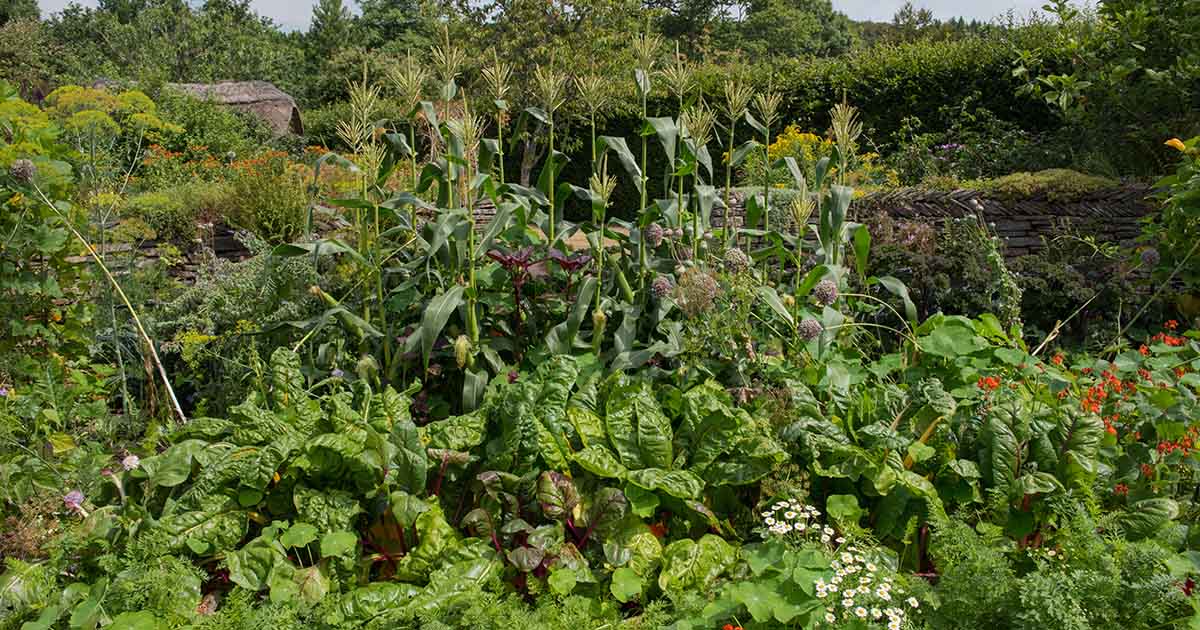
- Beans: Beans are another great companion plant for squash because they help to fix nitrogen in the soil. Nitrogen is an essential nutrient for squash plants, so beans can help to improve the health and growth of your squash plants.
- Radishes: Radishes are a good companion plant for squash because they help to repel pests. Radishes emit a scent that confuses pests, such as squash bugs and cucumber beetles.

- Marigolds: Marigolds are a good companion plant for squash because they help to attract beneficial insects. Beneficial insects, such as ladybugs and lacewings, help to control pests that can damage squash plants.
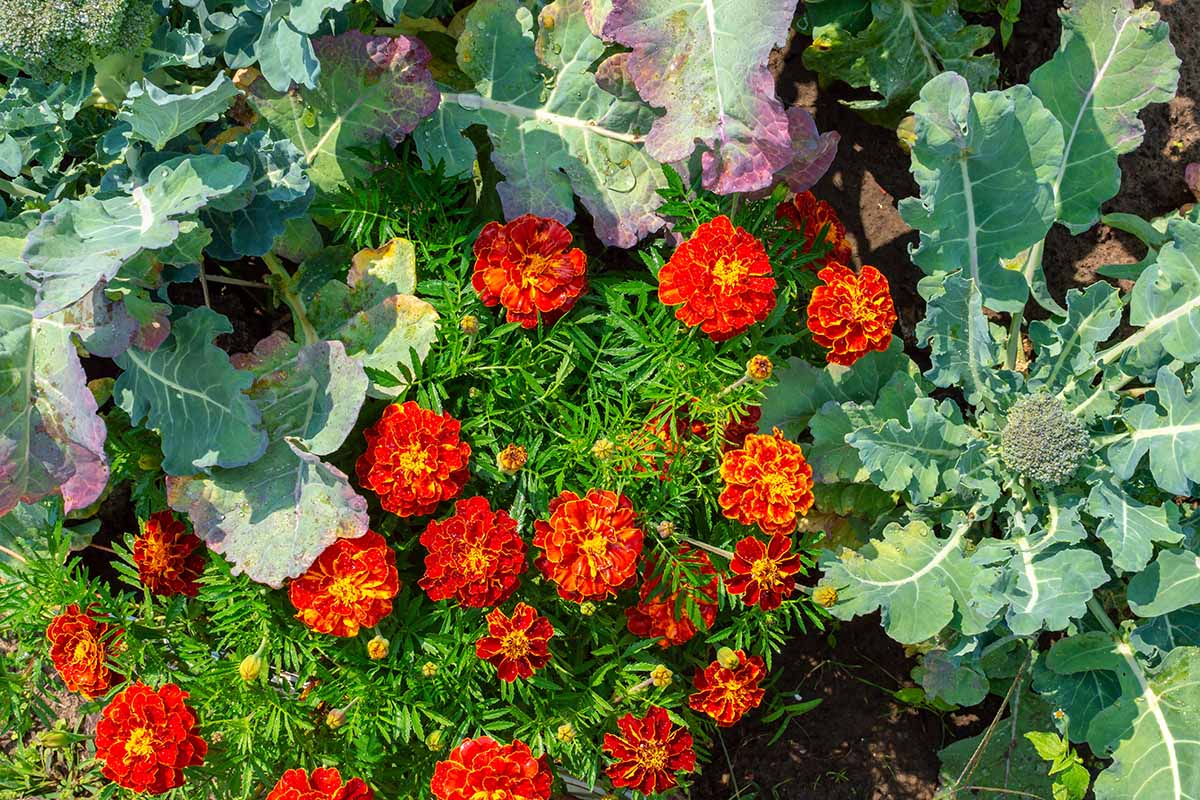
- Nasturtiums: Nasturtiums are a good companion plant for squash because they help to repel pests. Nasturtiums also emit a scent that confuses pests, and they can also be used as a trap crop to attract pests away from your squash plants.

Post a Comment for "The Ultimate Guide To Companion Planting For Squash"